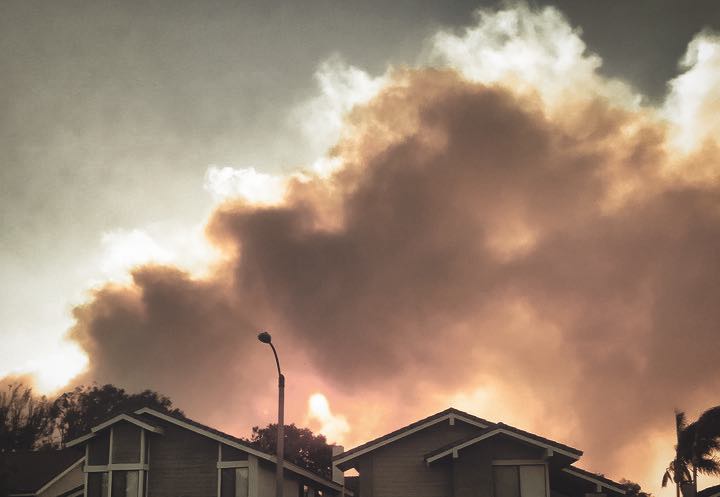
An ‘Act of God’? Rethinking Contractual Impracticability in an Era of Anthropogenic Climate Change
“Extreme” weather has become the new normal. What were previously considered to be inexplicable and unpredictable “acts of God” can no longer reasonably be said to be so. They are acts of man. The established doctrine of contractual impracticability rests on the notion that a party may be exculpated from contractual liability if supervening events have rendered a performance impracticable unless the party has implicitly or explicitly assumed the risk of the event. To a large extent, courts still consider the foreseeability of the event and an affected party’s ability to control it. However, it makes little logical or legal sense to continue to allow parties to escape liability for weather events that are in fact highly foreseeable given today’s knowledge about the causes and effects of severe weather. Some parties may even be found to have been in some “control” of the development of the adverse weather situation and thus not be able to avoid contractual liability.
This article proposes taking a new, hard look at the doctrine of impracticability and the closely related doctrine of frustration of purpose. By modernizing these doctrines to reflect current on-the-ground reality, the judiciary may further help instigate a broader awareness of the underlying problem and need for corrective action against climate change at both the private and governance scales. Meanwhile, a more equitable risk-sharing framework should be implemented where contracting parties have failed to reach a sufficiently detailed antecedent agreement on the issue.
The law is never static. It must reflect real world phenomena. Climate change is a highly complex problem that requires attention and legal solutions at many fronts to many problems including contractual performance liability. The general public is often said to have lost faith in the judiciary. Given this perception, courts could regain some of that faith in the context of events for which no “God,” other supernatural power, or even nature can be blamed.
Published in Hastings Law Journal, Vol. 67 (2016), Issue 6
View/download entire law review article: ssrn.com, Hastings Law Scholarship Repository




